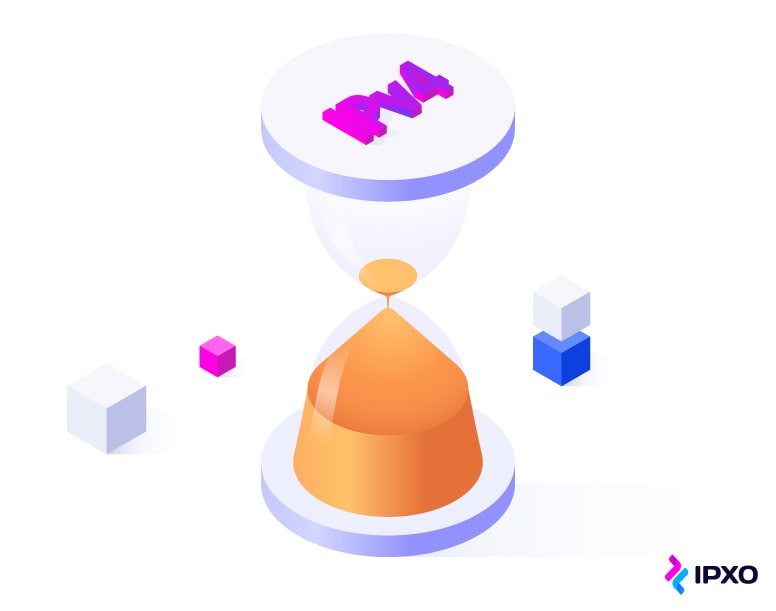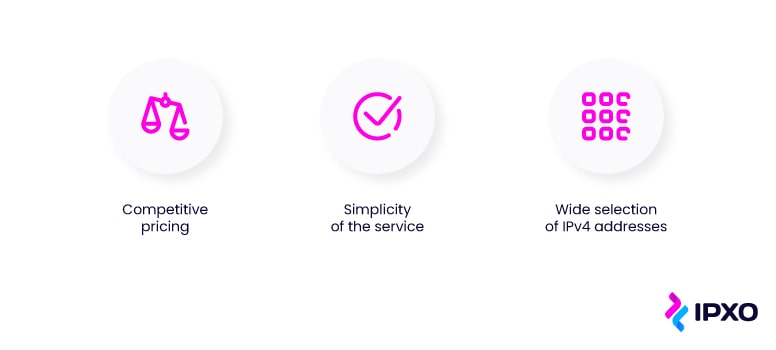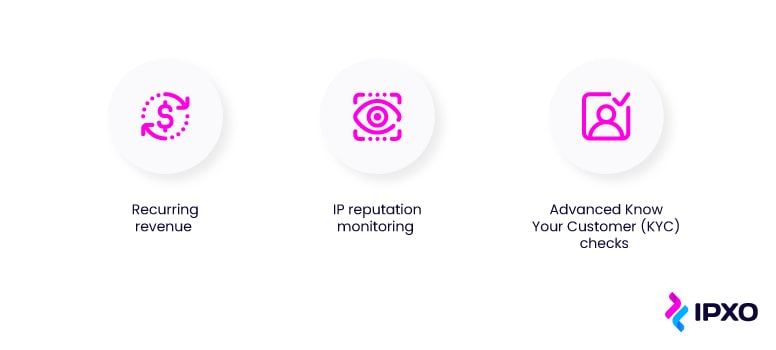IP Leasing and IoT in 2022 Explained
The world of Internet of Things is built on IP addresses. In the face of global IPv4 exhaustion, IoT-based businesses face the struggle of acquiring resources. Discover how IP leasing can offer a solution to this major problem.
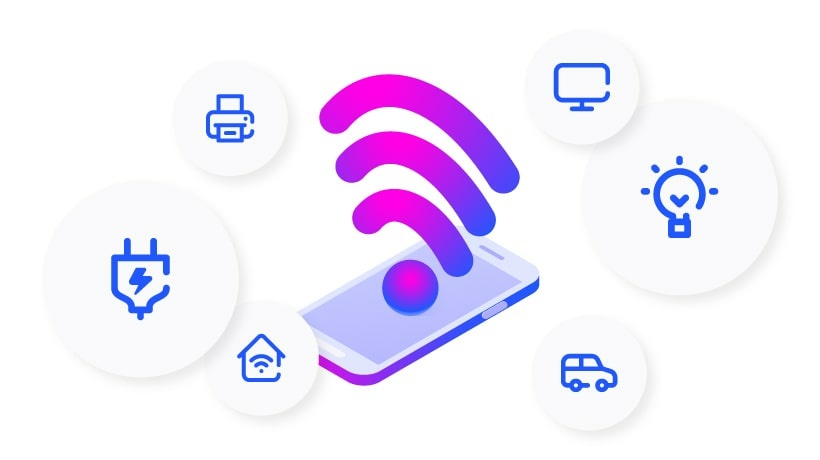
About the author
Table of contents
Related reading

Top 10 Benefits of Leasing IP Addresses for IP Holders
Explore the top 10 benefits of leasing IP addresses with IPXO. Maximize income, protect your IP resources, and gain full control.
Read more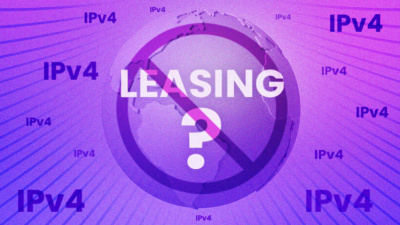
Opinion: IP Leasing Should Become a Market Standard
Learn why IPv4 leasing should become a market standard, which would bring many benefits in a more competitive environment, leading to additional revenue for all parties involved.
Read more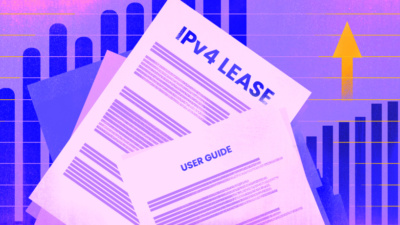
The Ultimate Guide to IPv4 Lease for IP Lessees
IPv4 lease enables companies to scale networks without purchasing expensive IPs and spending additional resources on IP management and IP reputation monitoring. Discover how to lease IPs with ease…
Read moreSubscribe to the IPXO email and don’t miss any news!
